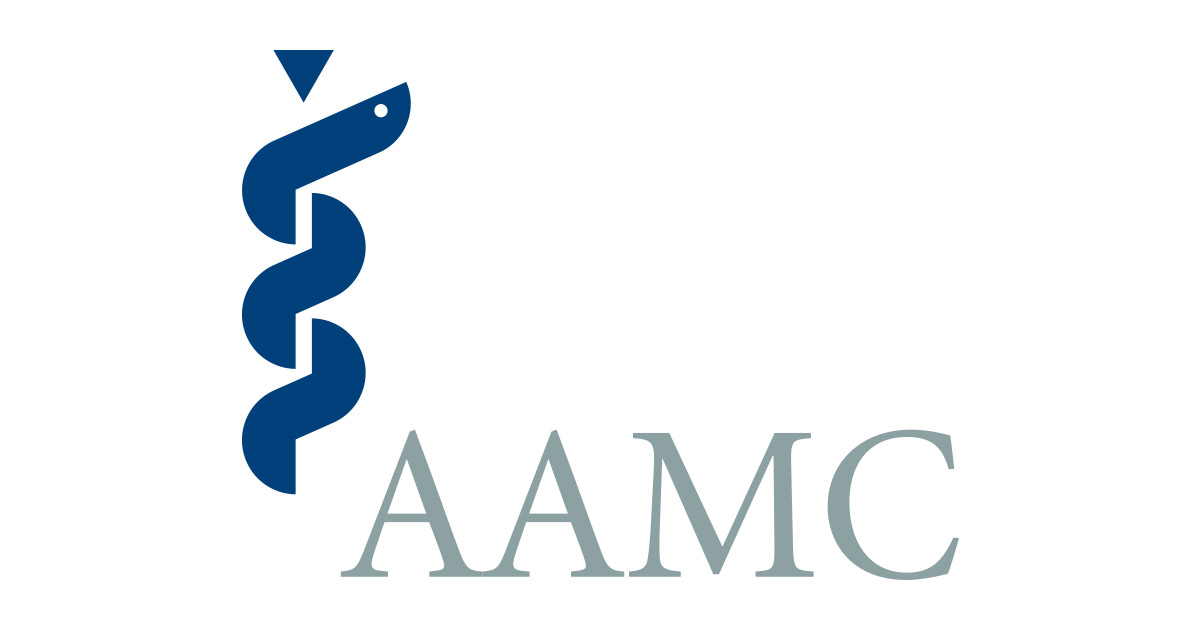- How does PBL work? Do PBL sessions cut into what would’ve been more lectures or do they seem to be group meetings on top of lecture time, and therefore just overall more time spent with peers? Are the PBL groups what Nova MD lists on their website as your "cohort of 7-8 people" or do PBL groups rotate while your "cohort" remains constant? Also, what is the significance of this "cohort" and does it even play much of a role?
- 50/50 seems like the general quality of med school professors across the country, so I'm not surprised to hear that. Are all lectures recorded, at least? I know you don't have any classes with the DO students, but I assume most professors teach at both the DO and MD schools? On that note, do you know why Nova decided to create an MD program in the first place and how the MD program tries to differentiate itself from the DO program (if at all)?
- Sounds like you all were very prepared for Step 1. I love that they drew from that NBME question bank for your test questions. Did this also apply for Step 2, do you know? (As I’m sure you’re aware, we future med students will now be more focused on Step 2, since Step 1 is becoming P/F)
- Do you think that how new the Nova MD program is has limited your exposure to possible external rotations in places other than south Florida?
- What seems to be Nova MD’s goals for future? Building research prowess? Teaching/curriculum? Public health/ethics?
- Have you or your classmates had a large say in any aspects of the school's future or even how it’s run today?
Quoted above are some questions I got from an applicant, and I wanted to share them along with my answers below as I feel like it may help others too:
"I will preface these answers by telling you that this is from my personal experience from when I was a M1/M2. I am an M3 now, and minor changes have taken place in the curriculum, although I am pretty sure it is >90% the same:
1. PBL is usually 3 days a week, and happens from 10-12 after lecture which is generally from 8-10. Most lectures are not mandatory. PBL focuses on simulated patient cases, each case lasting over the course of like 2-4 PBL sessions. We get part-by-part unlocked as we progress, and we work through differential diagnoses and what we think is going on as we progress. Your "cohort" of 7-8 people is just your PBL group. This changes multiple times, I believe for a total of like 5-7 times (something like that) over the course of the ~1.5 year pre-clinical curriculum. It doesn't matter who is in your group, although some groups will naturally be more cohesive/enjoyable than others depending on personality/communication styles.
2. All lectures are recorded. When I was in M1/M2, we had some shared lecturers. I am pretty sure that most/all of our lectures are taught by MD faculty now, but I'm not 100% sure. The lectures are generally of good quality, although honestly I did not attend the vast majority of them. I attended lectures with any guest lecture, or those who I knew had quality content. Looking back, I wish I had attended more just for some extra learning but I digress. Regarding your second question here, I have no idea why the MD school was actually created, and I honestly don't really care. It's overall a good school, and they accepted me, so here I am haha.
3. Step 1 material is taught during M1/M2. It wouldn't make much sense to teach towards Step 2. I know you're going to be taking P/F Step 1, but it doesn't matter. Work really hard during M1/M2 as if Step 1 was graded. This is absolutely the foundation of knowledge you will carry with you into the real world (i.e. rotations) and will set you up for success on Step 2. I did pretty well on Step 1, and my performance on Step 2 question banks is very good already. I attribute it to my strongish base from M1/M2 and Step 1. (IDK if you saw our Step averages, but I posted them in the thread somewhere. They were well above the national average.)
4. Not that I'm aware of. I'm not sure how the "new-ness" of a program would affect our ability to have external clinical experiences. We still can apply for rotations through VSAS like any other student at any other school. We all plan to do rotations elsewhere at some point and I see no problem with this for us.
5. Not really sure to be honest. We seem to have many students/faculty interested in research, and there does not seem to be a shortage of research opportunities for all of my classmates. Our curriculum puts a lot of emphasis on patient interaction and diagnosis/exam skills (Practice of Medicine course with a lot of early patient interactions), so I guess one goal would just be training excellent clinicians (but this is super vague and I'm grabbing at straws here lol)
6. Yes we really have. Especially as the charter class, we have hit many small bumps along the way. We have been able to work directly with the admin to change things for the better, and I think the classes beneath us are feeling the positive after effects of our growing pains."

